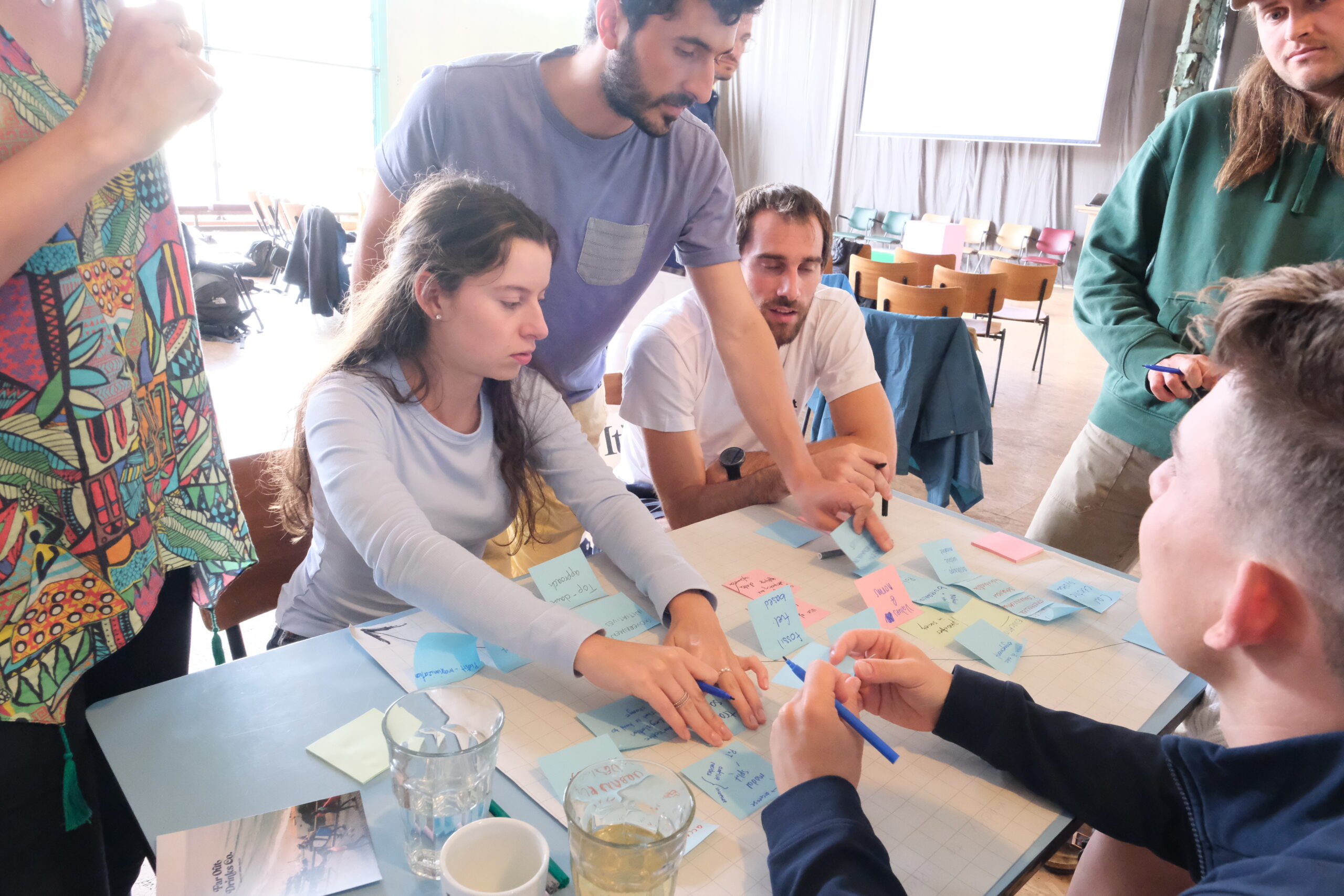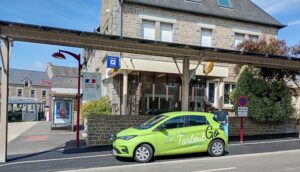This summer, EIT Urban Mobility Summer Schools reached a new milestone: eight programmes delivered across Europe. They brought together bachelor’s and master’s students, as well as young professionals, to address some of today’s most pressing urban mobility challenges.
Covering car dependency, smart cities, resilience, e-mobility, healthy ageing, and street redesign, the programmes combined challenge-based learning with real-world cases, fostering collaboration and innovation. Four summer schools were specifically crafted for master’s level students, bringing together learners from the EIT Urban Mobility Master School and the EIT Urban Mobility I&E Fellowship, with over 250 participants across eight schools.
Held in locations from Bari to Riga, and in several cases across two cities in two countries, the Summer Schools provided a mix of academic insight, practical experience, and international exchange. They are a clear example of how EIT Urban Mobility equips the next generation of innovators with the skills to shape the future of mobility.
Spotlights from across Europe
In Bari, Italy, the Sustainable Mobility in Car-Dependent Regions Summer School, organised by the University of Ghent and Politecnico di Bari, invited participants to rethink how urban areas that rely heavily on cars could transition toward more sustainable mobility. With tailored tracks for undergraduate students and professionals, the programme combined lectures, teamwork, and expert input.
The Budapest Urban Mobility Summer School by Kimitisik B.V., brought together students from diverse academic backgrounds to address challenges such as congestion, pollution, and public space management. The winning team, Orbit, designed a tram-based nighttime parcel delivery service using underutilised tram lines and smart lockers. Runner-up ideas included a reward-based walking app and a rural ride-sharing model.
In Šibenik, Croatia, the ChargeUp Summer School focused on electric mobility. Participants explored EV innovation, combining expert-led sessions with study trips to meet industry stakeholders. Organised with the University of Zagreb (FER) and REGEA, the school bridged knowledge gaps in e-mobility. The winning project, GentleGO, stood out with an inclusive mobility concept for elderly people and users with disabilities.
The CityMinds Summer School, hosted in Thessaloniki, Greece, trained students to tackle sustainable urban mobility and city logistics challenges through innovation and entrepreneurship. Participants benefited from mentorship, networking, and workshops. The programme, organised with the Hellenic Institute of Transport and LASCM included lectures, site visits to the Thessaloniki Metro and HIT Transport Observatory.
Master-level programmes
The Smart Cities Summer School, held across Tartu (Estonia) and Riga (Latvia), encouraged students to co-create liveable, green, and connected cities. Partners included Riga Technical University, University of Tartu, and Kimitisik B.V. The programme concluded with a final pitch, where the winning project VeloRadar proposed a scalable platform for monitoring winter street conditions. Students also engaged with Rail Baltica, VEFRESH, and the FinEst Centre, gaining insight into industry.
The Resilient Cities Summer School, hosted in Bratislava (Slovakia) and Ljubljana (Slovenia), immersed participants in health-focused urban design, sustainable transport, and autonomous mobility solutions. Organised by the Slovak University of Technology in Bratislava, the University of Ljubljana, and Kimitisik B.V., the programme challenged students to co-develop strategies that strengthen the resilience of European cities.
Further west, the Remaking the Street Summer School took place in Munich (Germany) and Rotterdam (Netherlands). Organised with the Technical University of Munich and Humankind, it focused on redesigning urban streetscapes and literally remaking the street! Students explored the “15-Minute City”, tested various tools and developed strategies to reduce car dependency, increase green space, and improve access for pedestrians and cyclists.
Finally, the Urban Mobility and Healthy Ageing Summer School, hosted across Lisbon (Portugal) and Barcelona (Spain), focused on designing inclusive, age-friendly mobility systems. Participants explored accessibility, health-oriented urban design, and mobility solutions that support independence for older adults. Organised with the University of Lisbon and the Polytechnic University of Catalonia, the programme combined fundamentals of healthy mobility with innovative solutions.
Looking ahead
The 2025 Summer Schools highlight the power of international, challenge-based learning in preparing the next generation of mobility innovators. With over 250 participants involved, this record year demonstrates the growing reach and impact of EIT Urban Mobility in fostering innovation and entrepreneurship for sustainable and inclusive cities.




